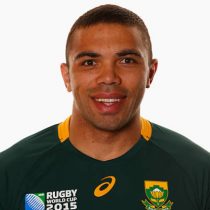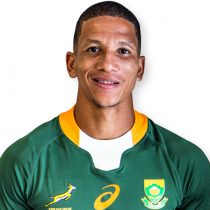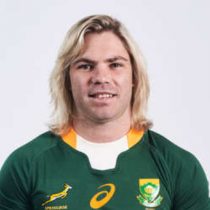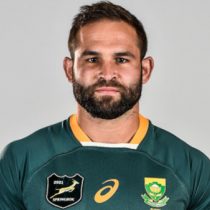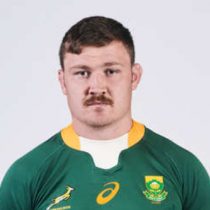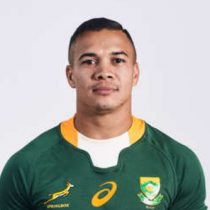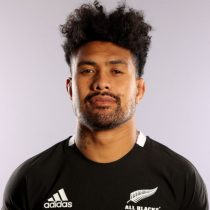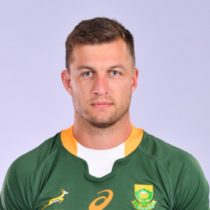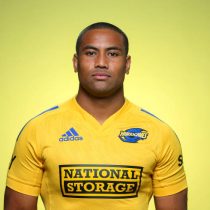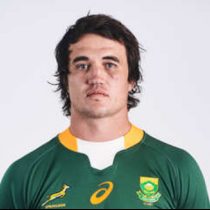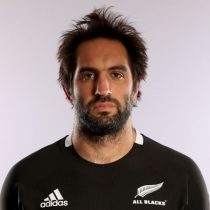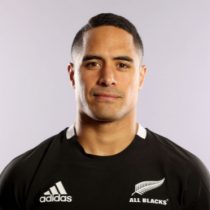New Zealand v South Africa - Five key contests in RWC 2023 final
- 2898
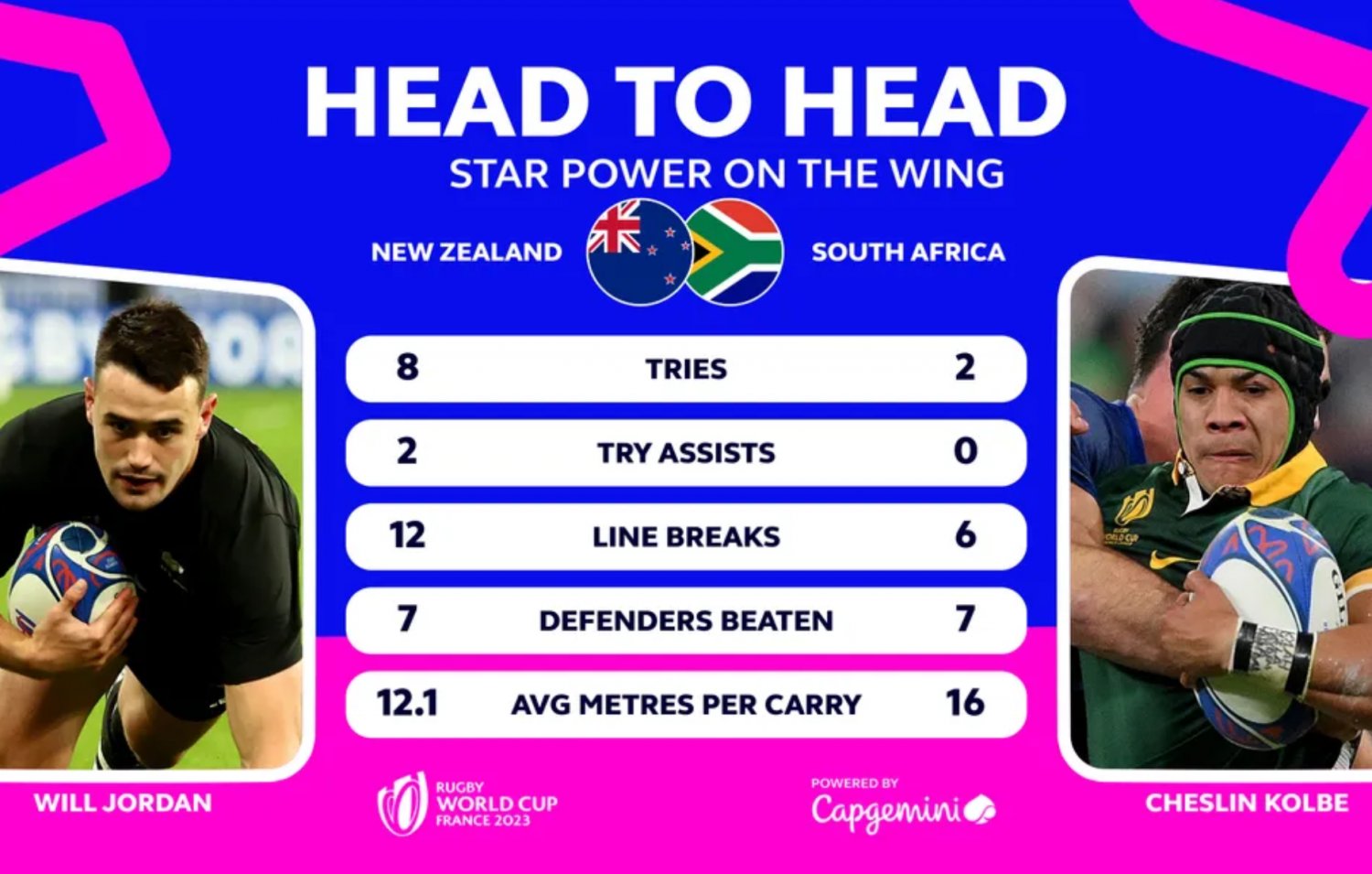
Five key battles as New Zealand and South Africa both target a record fourth Rugby World Cup victory in the final at Stade de France on Saturday, 28 October.
If Jordan’s try-scoring prowess before this RWC was already well known, he has confirmed it on the biggest stage, taking his extraordinary strike rate to 31 tries in 30 tests with eight at the tournament to date – all coming in the All Blacks’ last four matches, including a hat-trick against Argentina.
One more in the final would see the 25-year-old eclipse the great Jonah Lomu, Bryan Habana and Julian Savea for most tries in a single RWC.
Cheslin Kolbe already has an RWC final try to his name, racing away to score the Springboks’ second against England four years ago in Japan, and he has grabbed three in five tests against New Zealand.
The side-stepping wing wizard, 29. may only have two at this RWC, but he has made more line breaks than any other South Africa player and his capacity for game-changing moments was evident in the quarter-final with an inspired charge-down of a conversion attempt by France’s Thomas Ramos.

All Blacks fly-half Mo’unga has been in inspired form at this RWC, a master of his fly-half craft, whether makng crisp passes to put team-mates through gaps, piercing breaks himself or delivering pinpoint cross-kicks and grubbers to put pressure on the opposition defence.
The only area of his game which may come under scrutiny in a potentially tight contest is his goalkicking. Mo’unga missed two out of three attempts in their opener against France, and four out of eight in the semi-final against Argentina, albeit two of those with the match effectively won.
By contrast, Handre Pollard is firmly at home with his kicking tee at the Stade de France, having nailed his last 17 attempts at the stadium dating back to 2017.
Pollard’s icy composure and value to the Boks was amply demonstrated in the knockout stages, when after replacing Manie Libbok he landed a late conversion and penalty in the quarter-final against France, and three out of three – including a late match-winner – in their semi-final against England.

Aaron Smith’s 125th test for New Zealand is set to be his last in the black jersey, but the 34-year-old’s enduring class has been much in evidence in this tournament as he chases a second RWC triumph.
The 34-year-old’s service has been as sharp as ever, with his passing accuracy above 96 per cent, his sniping breaks have tormented opposition sides and his four tries – including a hat-trick against Italy – took him to 29 overall in tests, second only to the great Joost van der Westhuizen for scrum-halves.
Faf de Klerk, one of 10 players in the South Africa side who also started the 2019 final, has had to grow accustomed to a new role in recent weeks, coming off the bench early in the second half of the knockout wins over France and England, with Cobus Reinach starting at nine.
But the 32-year-old, alongside half-back partner Handre Pollard, helped steer the Boks home in those tourniquet-tight encounters and his pinpoint box-kicking and smarts around the base of the scrum are sure to feature prominently again in his second final.

Scott Barrett may be perhaps the least heralded of the three Barrett brothers lining up for New Zealand, but the middle sibling’s abrasiveness and work-rate continue to be highly prized assets and he has started all their major tests in a highly competitive area.
Barrett’s tackling, set-piece prowess and versatility – he often switches to blindside flanker during games – make him a key cog in the All Blacks pack, while the veteran Sam Whitelock is likely to come off the bench to bolster the second-row at some stage as he targets a record third RWC triumph.
Franco Mostert was part of the ‘Bomb Squad’ who came off the bench in the RWC 2019 final but four years on, he has been a superb foil to Even Etzebeth as a starter in South Africa’s engine room.
A highly accomplished lineout operator adept at disrupting the opposition’s throw, Mostert’s work-rate in the tight exchanges is invaluable to the Springboks and he did not miss a tackle in their semi-final victory over England, completing all 18 attempts, the most of any South African player.

Pundits are running out of superlatives at this tournament for Ardie Savea, who has been in prime form in France and may be the most talented All Blacks number eight since the great Zinzan Brooke.
The 30-year-old has been a dominant force at the breakdown, but his sterling defensive work has not impeded his attacking flair, carrying the ball 60 times – an average of 12 per game – and producing a team-high eight offloads, as well as leading the side in their first three matches.
Saturday will be a last hurrah for the veteran Vermeulen, who was named Player of the Match in the 2019 final and battled back from an ankle operation to return to the Springboks fold in time for a third and final RWC.
The abrasive 37-year-old is unlikely to finish the match, with Jasper Wiese poised to spring from the Boks' bench of seven forwards, but the All Blacks will no doubt feel the force of Vermeulen's tackling and ball carrying one more time as he looks to end a great career on a high.
